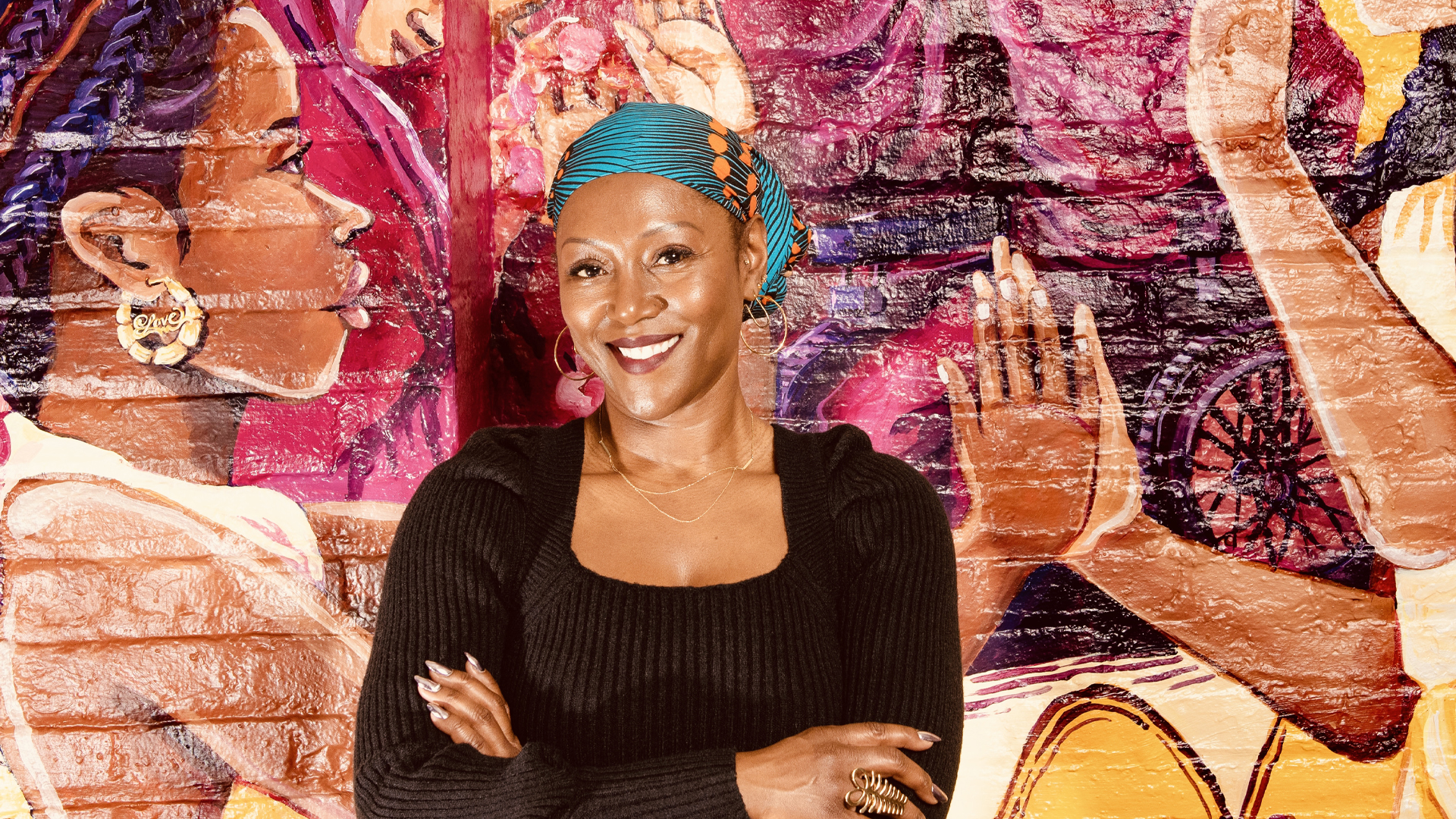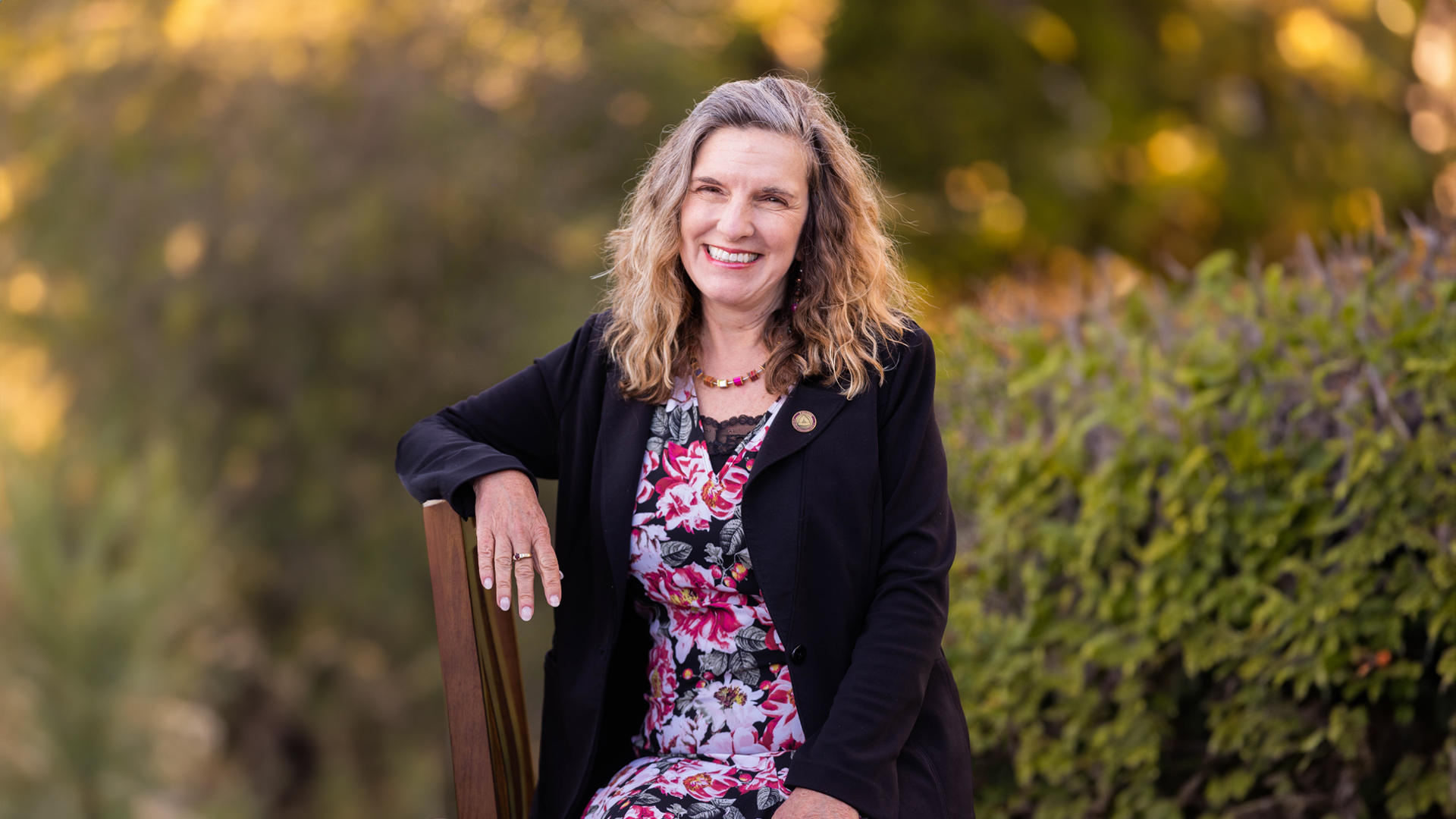The Pew Research Center and Elon’s Imagining the Internet Center asked technologists, scholars, practitioners, strategic thinkers and education leaders to weigh in on the likely future of workplace training. Dr. Pamela Rutledge, a faculty member in Fielding’s Media Pscyhology program, contributed to the study,
 “The core assumptions driving educational content are not adapting as fast as the world is changing,” Dr. Rutledge told them. “Traditional models train people to equate what they do with who they are (i.e., what do you want to be when you grow up) rather than to acquire critical thinking and flexible skills and attitudes that fit a rapidly changing world.
“The core assumptions driving educational content are not adapting as fast as the world is changing,” Dr. Rutledge told them. “Traditional models train people to equate what they do with who they are (i.e., what do you want to be when you grow up) rather than to acquire critical thinking and flexible skills and attitudes that fit a rapidly changing world.
“We have traditional institutions invested in learning as a supply-side model rather [than] demand-side that would create proactive, self-directed learners. This bias impacts the entire process, from educators to employers. It is changing, but beliefs are sticky and institutions are cumbersome bureaucracies that are slow to adapt. New delivery systems for skills related to technology will be more readily accepted than traditional ones because they avoid much of the embedded bias. …
“Successful education models will begin developing ‘mixed methods’ to leverage technology with traditional delivery and rewrite certification processes with practice-relevant standards.”
Read the full article, The Future of Jobs and Jobs Training.
Fielding’s student-centered model is one of those that’s breaking the mold, according to Dr. Rutledge.
“Fielding is unique is that it allows student goals to drive their specialization,” she says. “Unlike traditional schools where doctoral students typically sign up to do work aligned with faculty, our faculty uses their expertise to support student interests and goals. This allows us to be adaptive to the environment, presuming that students are interested in doing what they find to be currently professionally, socially, and culturally relevant.
“By continually updating the curriculum, offering concentrations that leverage skills, and certificates, we are giving students options in how they acquire both skills and theoretical frameworks that are immediately applicable in their careers and to their goals. Our purpose is not training isolated scholars; we’re training scholar-practitioners who can bridge theory and research with practice to make a difference int he world.
“We don’t train people to be something when they grow up. We give them access to skills and knowledge that support their growth and development and are applicable across multiple industries and problems so that they can do something. They have a skill set to be adaptive and their knowledge (and self-image) won’t expire with social, technological, or environmental change.”
Join Over 7,500 Fielding Alumni Located Around The World!
Change the world. Start with yours.™






Get Social